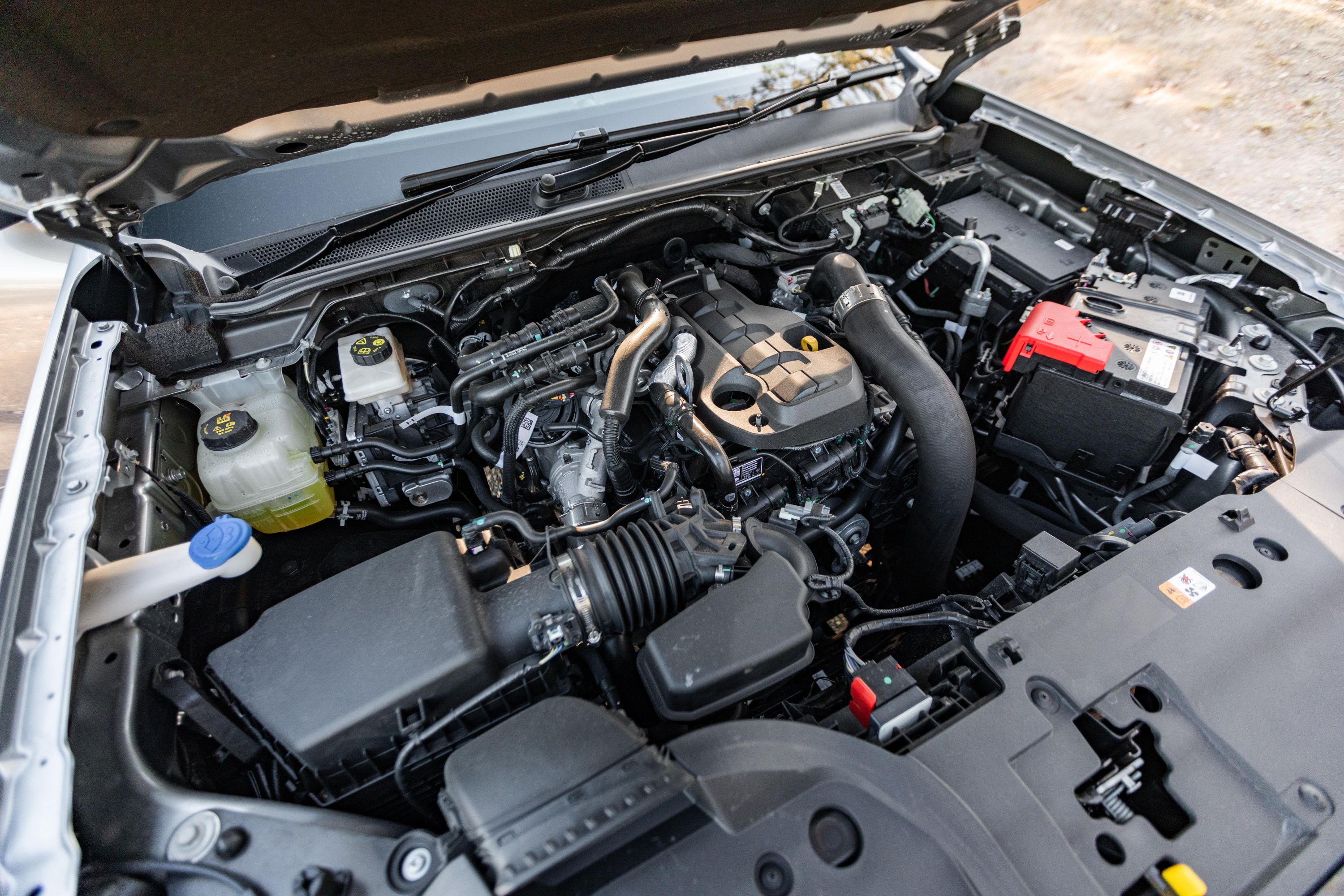What Makes an Automobile Engine Run Efficiently: Leading Tips for Optimal Care
The smooth operation of a car engine is fundamental to both performance and durability, making optimal care a necessary responsibility for vehicle proprietors. What details steps should you focus on to guarantee your engine remains in peak condition?
Regular Oil Modifications
One of the most essential aspects of car upkeep is ensuring your engine receives normal oil modifications. Engine oil lubricates inner elements, reduces rubbing, and helps maintain ideal operating temperature levels. With time, oil breaks down due to warmth, contaminants, and the all-natural by-products of combustion, bring about decreased efficiency and prospective engine damage.
The majority of makers recommend altering the oil every 5,000 to 7,500 miles, but this period can differ based on driving problems and oil type. Artificial oils may permit for longer intervals in between changes. Normal oil changes not just improve engine efficiency but additionally improve gas efficiency, as tidy oil advertises smoother operation.
Neglecting oil adjustments can cause sludge buildup, which harms flow and can lead to serious engine concerns. It is vital to inspect oil degrees consistently and keep an eye on for any unusual modifications in shade or uniformity, which could indicate contamination or deterioration.

Preserving Coolant Degrees
Keeping correct coolant degrees is crucial for preventing engine overheating and making sure ideal efficiency. The coolant, commonly a combination of water and antifreeze, flows via the engine, soaking up warmth and preventing thermal stress. Insufficient coolant can lead to increased engine temperature levels, which might trigger serious damage or even total engine failing.
To keep optimum coolant degrees, consistently examine the coolant tank, typically found in the engine bay. Guarantee the coolant is filled to the recommended mark, as indicated in your car's owner guidebook. It is suggested to inspect the levels at least as soon as a month or eventually trips, specifically throughout extreme weather problems.
If you observe that the coolant level is consistently reduced, there might be a leak in the air conditioning system, which ought to be dealt with promptly to avoid more issues. 2.2 ford ranger engine. Additionally, purging the coolant system every two to 3 years can assist remove any collected debris and make certain effective heat exchange
Monitoring Air Filters

It is suggested to examine the air filter every 12,000 to 15,000 miles, or much more regularly if driving in dirty look at this site or damaging conditions. A basic aesthetic evaluation can usually reveal whether the filter is filthy or harmed. It ought to be changed without delay. if the filter appears tarnished or has noticeable dust build-up.
Using a top notch air filter designed for your particular lorry model can even more improve engine efficiency. In addition, some lorries might benefit from reusable filters that can be cleaned up and reinstalled, supplying a economical and eco-friendly alternative.
Inspecting Flicker Plugs
Ignition system are crucial parts of a lorry's ignition system, straight influencing engine efficiency and effectiveness. They create the spark that stirs up the air-fuel combination in the burning chamber, assisting in the engine's power generation. Regular inspection of ignition system is critical for preserving ideal engine function and stopping prospective issues.
Throughout an inspection, seek indications of wear or damage, such as splits, carbon accumulation, or excessive void widening. A healthy ignition system commonly exhibits a light brown or tan shade. Dark soot or oil down payments can indicate inappropriate combustion, while a white or blistered appearance might recommend overheating. Both problems require prompt focus to avoid more engine damage.
It's suggested to examine ignition system every 30,000 miles, or as recommended in your car's owner handbook. In addition, consider changing them according to the manufacturer's guidelines, as old or used stimulate plugs can bring about misfires, reduced gas performance, and enhanced exhausts.
Monitoring Tire Pressure
Under-inflated tires can lead to lowered gas effectiveness, enhanced tire wear, and compromised handling. Regular tracking of tire pressure is necessary for ideal automobile procedure.
Tire stress must be checked a minimum of when a month and eventually trips. Use a trustworthy tire stress gauge to determine the pressure when the tires are cold, preferably prior to the lorry has click here to find out more actually been driven for at the very least 3 hours. Describe the automobile's owner handbook or the placard located on the driver's side door jamb for the manufacturer's advised stress levels.
It is necessary to note that tire pressure can fluctuate with check out this site changes in temperature; a decrease of 10 ° F can lead to a 1-2 psi reduction in pressure. Additionally, aesthetically check tires for any type of indications of wear or damage throughout your tracking routine. Maintaining appropriate tire pressure not just improves car safety yet likewise improves fuel effectiveness and prolongs tire life, ultimately adding to a smoother engine performance.
Conclusion
In verdict, preserving an auto engine's smooth operation requires persistent attention to a number of essential variables. Routine oil changes, appropriate coolant degrees, clean air filters, well-maintained ignition system, and optimal tire stress collectively add to boosted performance and long life. Following these upkeep practices not only boosts fuel effectiveness yet likewise advertises a safer driving experience. Inevitably, a proactive technique to engine treatment is vital for ensuring dependability and capability over time. 2.2 ford ranger engine.
One of the most important facets of car maintenance is ensuring your engine obtains regular oil modifications. Engine oil lubes inner parts, reduces friction, and helps preserve ideal operating temperature levels. Normal oil adjustments not just improve engine performance but likewise improve gas performance, as tidy oil advertises smoother procedure.
Not enough coolant can lead to raised engine temperatures, which may trigger serious damage or even complete engine failure.
